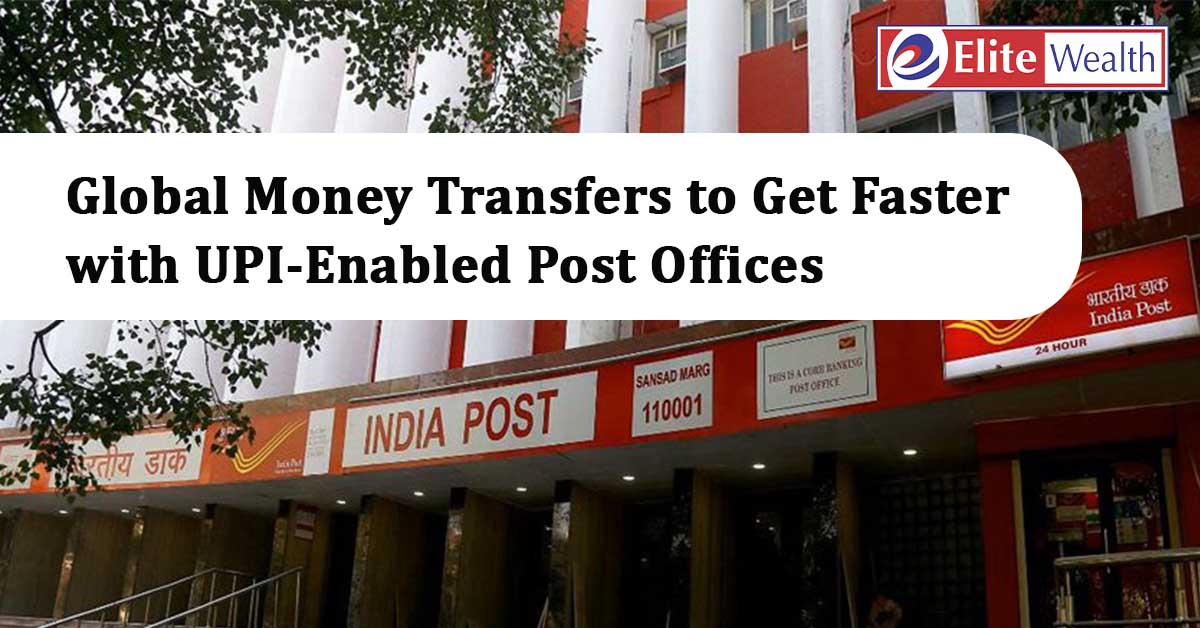
Sending money across borders is set to become faster, more affordable, and widely accessible, thanks to the launch of the UPI–UPU Integration project in Dubai. The initiative was unveiled by Union Minister for Communications Jyotiraditya M. Scindia at the 28th Universal Postal Congress, signaling a significant step in India’s global digital financial push.
Bridging India’s UPI with the Global Postal Network
The project links India’s Unified Payments Interface (UPI) with the Universal Postal Union’s (UPU) Interconnection Platform, allowing users to send and receive cross-border remittances via post offices. Developed collaboratively by India Post, NPCI International Payments Ltd (NIPL), and the UPU, the system promises lower transaction costs, faster transfers, and secure payments for users worldwide.
Since the UPU network spans over 190 countries, the integration is expected to particularly benefit migrant workers and their families, especially those living in areas with limited access to traditional banking services.
Boosting Financial Inclusion
Minister Scindia highlighted that the initiative combines “the reliability of the postal network with the speed of UPI,” enabling families across borders to transfer money faster, safer, and at lower costs. This could also enhance inflows from abroad for Indian households and support small businesses and e-commerce sellers who rely on international payments.
The initiative aligns with India’s broader strategy to expand digital public infrastructure globally, leveraging the reach of both India Post and UPI. According to official data shared at the event:
- India Post delivered over 900 million letters and parcels in the last year.
- More than 560 million bank accounts have been opened under Jan Dhan and India Post Payments Bank, a majority of them in women’s names.
Outlook
With this integration, India positions itself at the forefront of cross-border digital payments, providing millions of users with efficient, affordable, and inclusive remittance solutions. The initiative is expected to significantly strengthen India’s footprint in global fintech and financial inclusion.
Disclaimer:
This article is intended solely for educational and informational purposes. The securities or companies mentioned are provided as examples and should not be considered as recommendations. Nothing contained herein constitutes personal financial advice or investment recommendations. Readers are advised to conduct their own research and consult a qualified financial advisor before making any investment decisions.
Investments in securities markets are subject to market risks. Please read all related documents carefully before investing.


